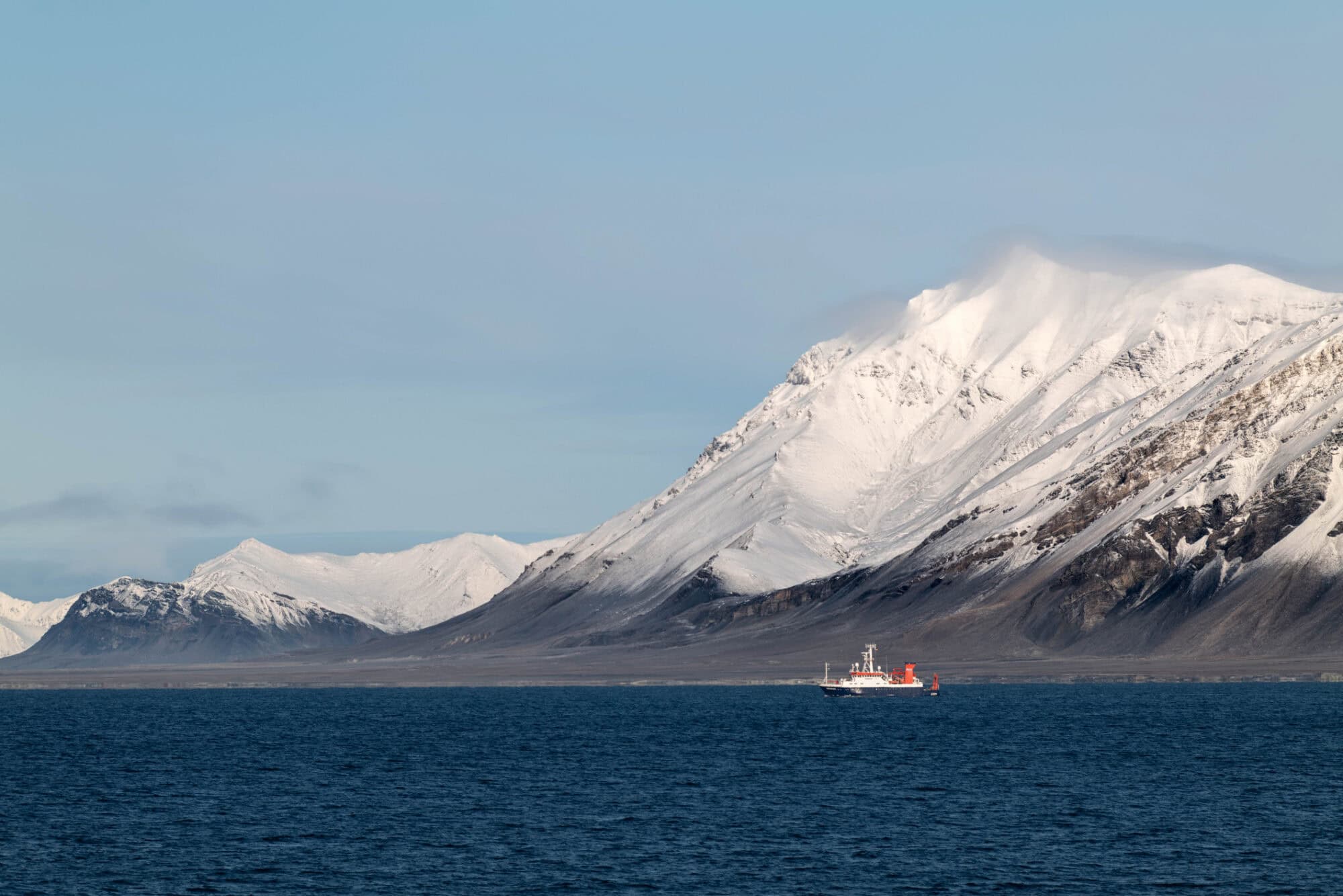Norway Approves Deep-Sea Mining

Norway voted Tuesday to open its waters to deep-sea mining, the process of harvesting valuable metals from the ocean floor, CNBC reports.
What’s going on: Having approved a government proposal Tuesday to allow exploration in its waters, “Norway is poised to become one of the first countries in the world” to allow deep-sea mining.
- The parliament formally agreed to allow exploration of just more than 108,000 square miles of Arctic seabed between Norway and Greenland.
- Companies will be required to “submit proposals for licenses,” which will be granted on a case-by-case basis.
Why it’s important: “Advocates say removing metals and minerals from the ocean’s seabed is necessary to facilitate a global transition away from fossil fuels,” CNBC reports.
- Many of the critical minerals needed for electric vehicles—including cobalt, copper and nickel—are present in large quantities on the seafloor.
- The move by Norway sets it apart from the United Kingdom and the European Union, “which have pushed for a temporary ban” on deep-sea mining, citing environmental concerns.
- In the U.S. last year, lawmakers introduced legislation calling for a deep-sea mining moratorium pending further research into the method’s environmental impacts, according to Honolulu KHLN.
The NAM says: “Norway’s vote should be a wake-up call to the U.S. that other nations are doing everything possible to secure their own sources of critical minerals. We need to do the same,” said NAM Vice President of Domestic Policy Brandon Farris. “That means first reforming our antiquated permitting system.”
